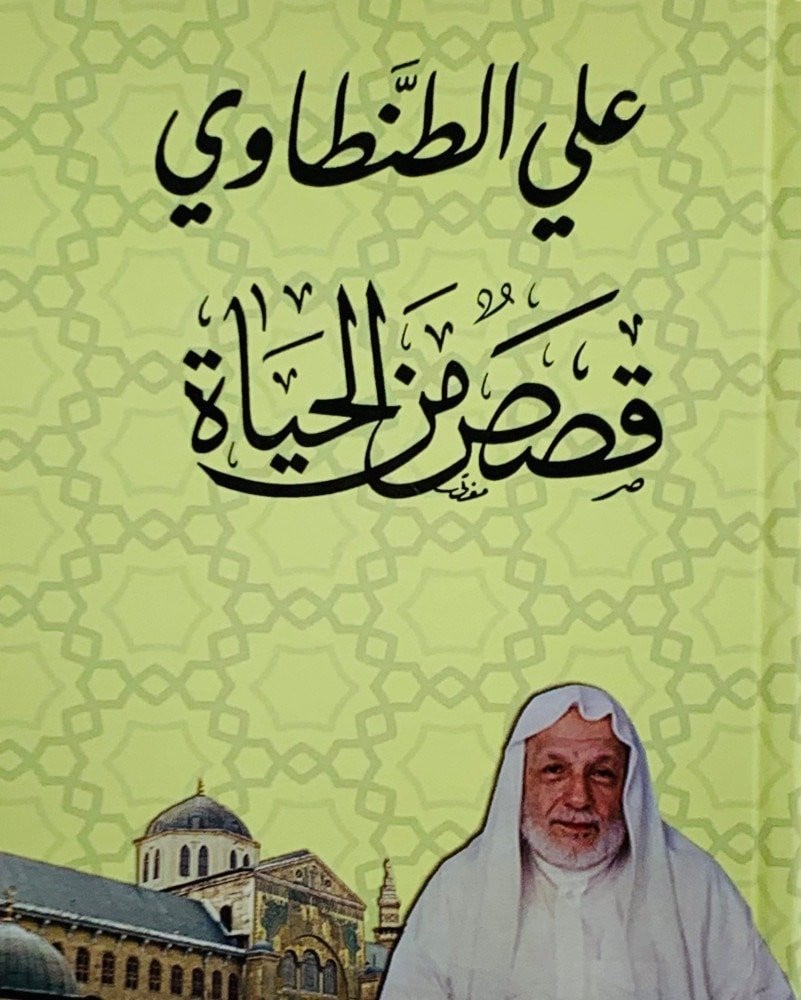These are stories from life, so named by their author because life composed them. Does life make up stories? Yes (as he says in the introduction): “Life composes stories that the most brilliant of art cannot imagine, but it does not broadcast its “authorities” or announce them, so it remains a hidden “manuscript” that no one can access and read except for a man with sharp eyesight, a long hand, and an expert. I am not that man, nor am I a fan of manuscripts and a pioneer of detectives, but the days threw this story in my way, and I found it folded in court records, torn apart, separated into parts, so I glued its joints and collected its parts, and published it in “The Message.” The only thing I have in it is the story.”
It is noticeable in these stories that most of them are short. It hardly exceeds ten pages in length, and many of them are within the limits of five or six pages, with the exception of one that exceeds thirty. This is in terms of form, but in terms of content, most of them agree that they deal with social or ethical problems. In the first of the book’s stories, “The Two Orphans,” an impressive depiction of one of the common problems among people: the second wife who oppresses her husband’s children - from his ex-wife - and forgets that there is justice in the universe and after death there will be reckoning, and in the Hereafter a paradise for the good-doers and a fire for the unjust. In the story "The First Cup", we get to know Abd al-Mu'min Effendi, a simple policeman who works in a police station in a small village near the Levant. His monthly salary is one hundred pounds, which is barely sufficient for him and his small family for the necessities of life, let alone its luxuries. Then the opportunity comes to him to get a salary of a hundred months in one fell swoop, but it is forbidden earning and he did not extend a hand to the forbidden for forty years, so what will he do now?
And in: “Tabaq Al-Asl”, “From the Heart of Life” and “In the Garden of Azbekia”, a clear call to virtue and a warning against the causes of immorality and immorality reaches its climax in the story of “The Maid”: “This is how the respected parents thought. It is that the man and the woman, wherever they meet and how they meet: a teacher and a student, a doctor and a nurse, a manager and a secretary, an old man and a woman, they remain a man and a woman! As for "The Story of a Father", it is a warning bell that Ali Al-Tantawi rings out loud, almost deafening the ears, as a warning to those who spoil his children - from the fathers and mothers - a guide that exceeds the limit and leads to the worst consequences in this world and the Hereafter.
In the book, historical social "paintings" are closer to the popular heritage in terms of descriptions and images, including "On Nazim Pasha Street", "The Sheikh's End" and "The Two Old Men". It contains a story of symbolic literature, "The Barada Story," which tells the life of the river in a symbolic narrative style, just as it tells the life of a man from among the people.
Finally, the book contains two stories of blatant patriotic literature that awakens motivation and breathes life into the dead: "The Mountain of Fire" and "The Arab Daughters of Israel." And this last one could have been a new “Wa’tasimah” cry if there were men among the nation who could hear, but it was a cry that was lost in a desolate valley and a cry that disappeared in an empty land: “She said: I made a barefoot run - and the shoes fell from my feet - on dirt and thorns until they caught up with me. .. She shed the blood of her chastity because the men of her people did not shed the blood of their bodies in defense of the land and honor!
They are stories from life. And because it is like that, and because it seeks to correct the defects in life and treat the diseases in it, its author was obliged to describe the defect or to diagnose the “disease” out loud in some situations, which he disliked, so he apologized for it in the introduction to the first edition of the book, and in it he tells us that he hesitated A long time before he authorized the publication of these stories, then he explained his motive for publishing them in the introduction to the latest edition, in which he stated: “Whoever looks in the mirror and sees his face yellow and its color a barrier, then he should not blame the mirror for the yellowness of his face and the transformation of his condition. And every nation has advantages and disadvantages, so whoever points out a defect in it deserves thanks, not blame and anger.

